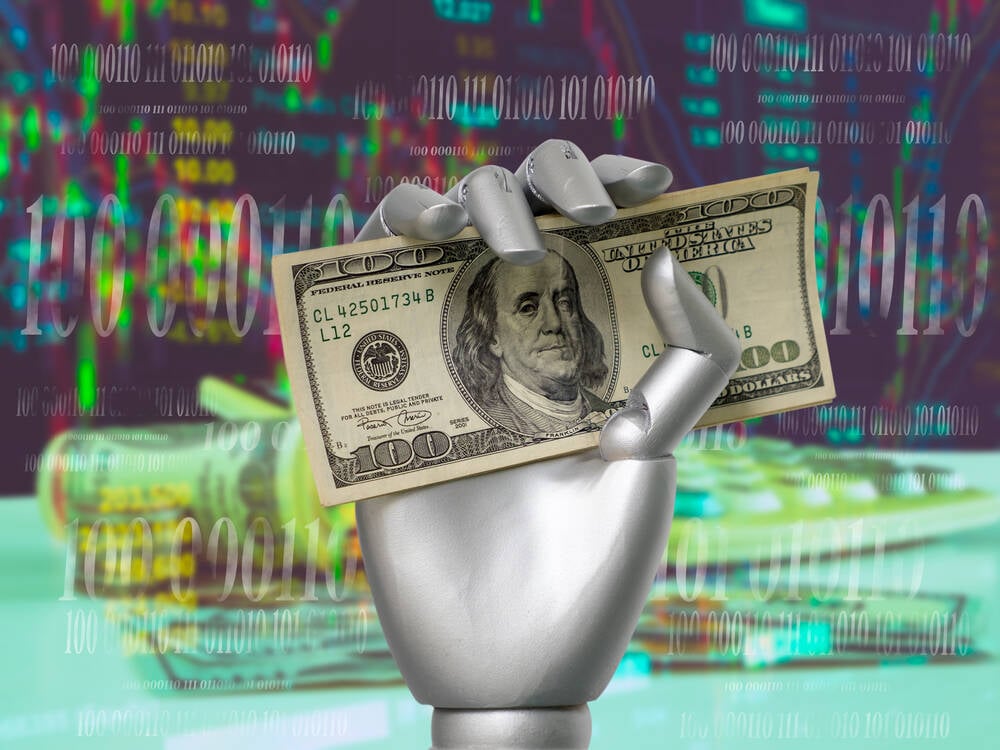Concern over AI coming for our jobs appears to be unfounded, though it’s not clear what effect this newest wave of automation will have on wages, the European Central Bank (ECB) concludes in a research report.
After assessing nine years of data gathered across 16 European countries, the ECB found high-skilled jobs in fields impacted by AI may grow by between 2.6 and 4.3 percent. “We find a positive association between AI-enabled automation and changes in employment,” the study states.
Low-skilled jobs may also be safe, in Europe at least. “For occupations where average educational attainment is in the low and medium-skill groups, AI exposure does not seem to shake things up significantly,” the document adds.
The findings contrast with the history of automation, which typically leads to a reduction of available low and medium-skill jobs as manual tasks are made redundant by technology, the team notes in their paper [PDF].
When considering AI’s impact on wages, the ECB could not find a “clear signal” on which to base a prediction – but the study notes its data “suggests neutral to slightly negative impacts” on wages. The reason for that isn’t made clear in the research.
Another finding in the document is that skilled workers and younger professionals are gaining the most as AI proliferates in the workplace.
The boffins warn that their findings should be treated with caution, and that “these results do not amount to an acquittal” of the threats AI could impose on the future of the job market.
“AI-enabled technologies continue to be developed and adopted. Most of their impact on employment and wages – and therefore on growth and equality – has yet to be seen,” the team concludes.
And don’t assume this applies to the US
The conclusions about the EU job market don’t necessarily translate to the US, the researchers caution, noting that their results contrast with previous findings from American researchers.
Research on the effect of AI on jobs in the US has indicated that generative AI could cause 2.4 million job losses by 2030. Large tech players like IBM have also cited AI as a reason to lay off thousands of people whose jobs could be replaced by software.
According to the ECB report, data suggests lower-skilled workers in the US aren’t as safe as they are in Europe, with American indicators suggesting AI “tends to reduce the number of low-skilled jobs.” The report’s authors contrast that outcome to the situation in France, where they argue there’s been a positive association between automation and increasing employment of unskilled industrial workers in recent years.
“Our results on the positive association between AI-enabled automation and employment should be taken with caution,” the team concludes. “These results may not be extrapolated into the future, especially if the path followed by AI technologies focused on the automation of tasks and led to the creation of few new tasks.” ®

